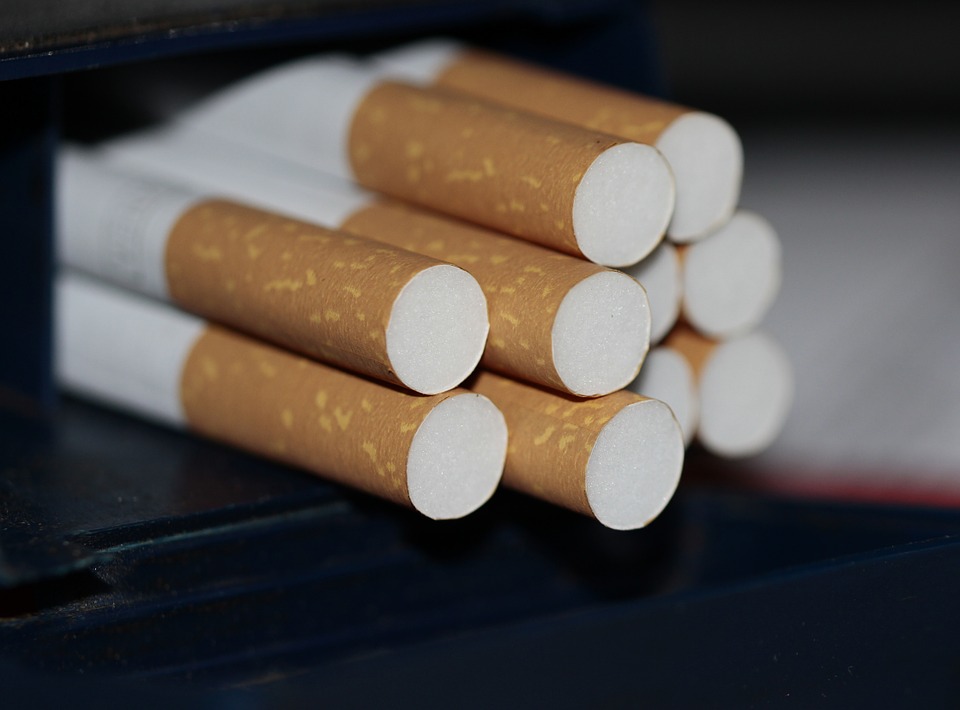Experts defended today that "half measures" are not effective to promote a generation without tobacco in 2040, regretting the retreat in the proposed tobacco law in relation to the sale of this product at gas stations.
The Público newspaper reports today that the ban on the sale of tobacco at service stations at gas stations ended up being withdrawn from the final version of the document amending the tobacco law that this Thursday was sent to the Assembly of the Republic.
«The retreat in the law proposed by the Government itself is very worrying because it shows that the Government did not know how to defend the law», told Lusa agency Sofia Ravara, coordinator of the Tobacco Commission of the Portuguese Society of Pneumology.
The specialist defended that these «robust measures» for the prevention of smoking had to be prepared in advance, carrying out studies on the opinion of the population and involving the population and the various economic and social actors whose measures will have an impact on their economic activity so that they would later know which are their arguments and their positions and knowing how to refute them, also doing studies.
«There must always be countries that are pioneers to implement the most advanced measures, those that could make a difference in smoking prevention and also in smoking cessation, help smokers to quit smoking, be able to reduce the prevalence of smoking and its consequences social, economic and also environmental factors», as well as managing to «denormalize consumption» of a «legal product, but highly addictive and lethal», which still has «great social acceptance», he stressed.
Contacted by Lusa, the coordinator of the Tobacco Commission of the Brazilian Society of Pneumology and Tisiology Paulo Côrrea, defended that «half-measures are not effective to promote a generation without tobacco in 2040», referring that «it is up to the Government of Portugal and the Assembly of Republic to protect the health of all Portuguese”.
Paulo Côrrea gave the example of Brazil, where tobacco control policies have advanced a lot, despite being the second largest tobacco producer in the world and one of the largest exporters.
“This advance was only achieved thanks to the articulation of various civil society bodies. So it is extremely important that society in Portugal understands that tobacco control requires coordination between the various entities involved», defended the pulmonologist and researcher who created a non-governmental organization to promote health.
On the other hand, he defended that Portuguese society must understand that «leaving industry free to assess profits means that the Portuguese Government has to spend much more on the treatment of smokers».
«The press and civil society have a very important role to play, denouncing and preventing industry interference in public policies», he defended.
Hilson Cunha Filho, leader of the Portuguese Confederation for the Prevention of Tobacco, said, in turn, that "[tobacco] points of sale are an issue that is on the agenda, but that the Government has never discussed", despite it being known that «sooner or later it has to advance in relation to the immense offer of tobacco products that exists in the Portuguese community».
«Tobacco is sold everywhere and in all forms and people are not prepared to make this sale. They are not prepared to limit access to minors », a preparation and responsibility that he said was never required, said the investigator.
He also regretted that the Government did not have the strength to carry out the measure and said it was "very complex" to move forward with measures without consulting and discussing with the specialists involved in the implementation of policies in the area of smoking.
«Then it is preparing the commercial agents, the industry for what needs to be implemented, I do not mean consulting them because the tobacco industry as a whole should not be part of the political decision», he defended.
For Hilson Cunha e Filho, the political decision «has to be communicated as it should be and should be measured before moving forward», because, he stressed, «these advances and setbacks by the Government only harm the strategy as a whole and show a weakness those who have to show that they know what they are doing».
«On the other side, we feel more and more that there is a true and effective lobbying action on the part of the industry and all the other commercial agents that are part of this tobacco industry. It is unpleasant to have to admit it, but this is what ends up happening», lamented the investigator.
The Minister of Health confirmed today, in Porto, the retreat in the ban on the sale of tobacco at gas stations, as it was found that there were many locations where there were no alternatives.
«If the idea of banning sales at petrol stations was taken forward, there were many places where the place to buy tobacco was too far away», justified Manuel Pizarro, exemplifying that people who for work reasons could only buy tobacco at night would be left without offer.



















Comments